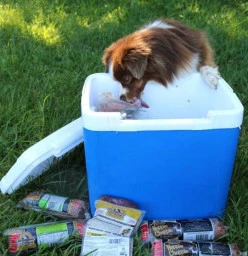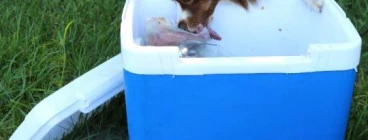Balls - Pet Supplies & Services in Blackburn
No exact matches found.
Other related businesses in and around Blackburn
Alpha Pet Products is a reputable company specializing in high-quality pet products, with a particular focus on sheepskin dog toys and raw food for dogs. Founded with a passion for providing pets with the best possible care, Alpha Pet Products has established itself as a trusted brand in the pet industry. Their line of sheepskin dog toys combines durability with luxury, offering dogs a satisfying chewing experience while also being gentle on their teeth and gums. These toys are crafted with meticulous... Read more


